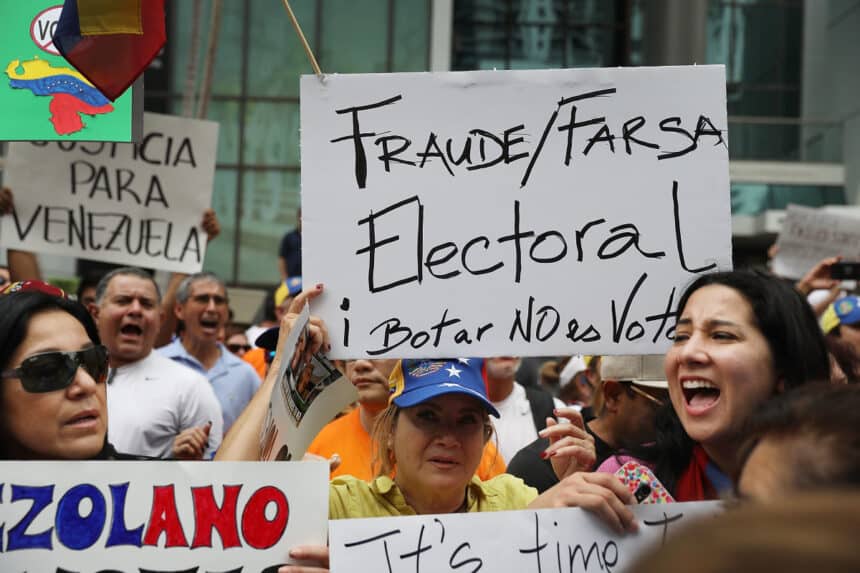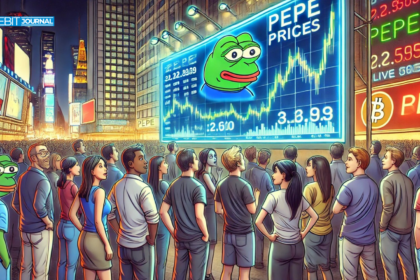The prediction market platform Polymarket is at the centre of a brewing controversy following its handling of the Presidential Polymarket Venezuelan election bet. Polymarket declared opposition candidate Edmundo Gonzalez as the winner, despite the official results from Venezuela’s National Electoral Council (CNE) naming incumbent President Nicolás Maduro as the victor. This discrepancy, emerging shortly after the election, has triggered intense debate about the platform’s credibility and its decision-making process.
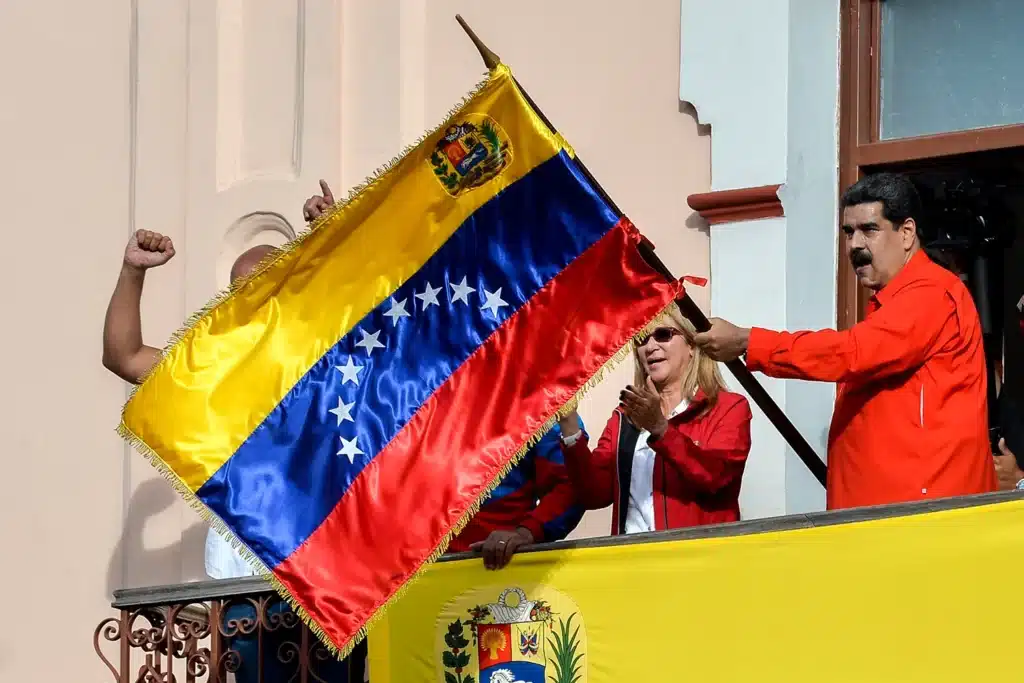
The bet, which has attracted significant attention and amassed $6.1 million in stakes, stands in stark contrast to the CNE’s official outcome. While the CNE announced Maduro’s victory, opposition figures and unofficial counts have raised allegations of fraud. This has cast a shadow over Polymarket’s judgement, leading to scrutiny of its methodologies and resolution criteria.
Polymarket Venezuelan Election Bet Outcome Raises Questions About Due Process
Polymarket Venezuelan election bet handling has intensified scrutiny of its practices. The platform, known for its crypto-based prediction markets, saw Edmundo Gonzalez, the opposition candidate, declared the winner despite the official count showing President Maduro as the victor with over five million votes. Gonzalez was reported to have received more than three million votes than Maduro, yet Polymarket Venezuelan election bet resolution stands contrary to the official results.
The National Electoral Council’s announcement of Maduro’s victory has been met with scepticism due to the lack of detailed voting centre data. This scepticism is compounded by the significant size of the bet, leading some to question the validity of Polymarket’s decision. The prediction market’s guidelines specify that “the primary resolution source for this market will be official information from Venezuela; however, a consensus of credible reporting will also suffice.”
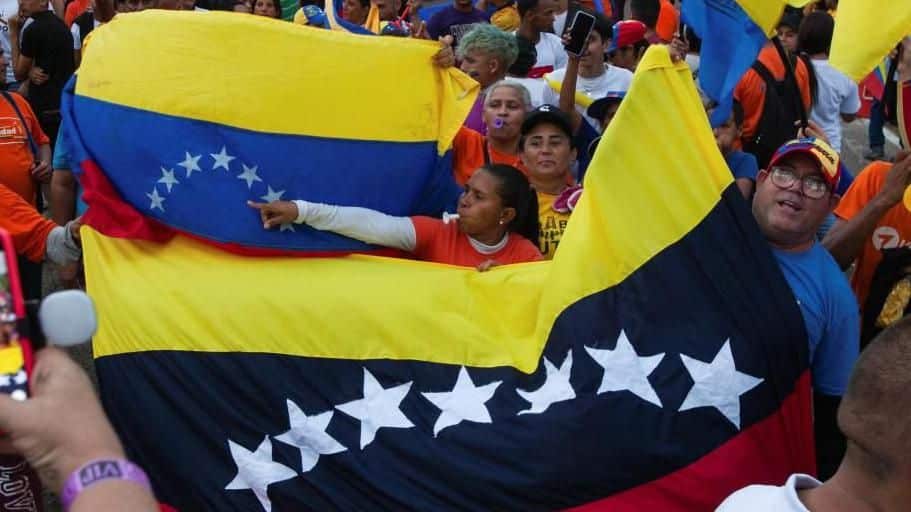
Critics, such as X user Frederick Recio, argue that Polymarket’s decision reflects an undue influence of alleged fraud over established facts. Recio emphasised that Polymarket’s role should be to base resolutions on official results and rules, not to engage in moral judgments or speculations. Another user, wrhl, suggested that Polymarket’s decision was influenced by political biases, noting that UMA holders’ opinions were considered over official documentation.
In response to the fallout, Polymarket has not issued an official statement but hinted on X that it might eventually recognize Maduro’s victory. The platform stated, “To say that Maduro is President is not to say that he earned or deserves it. People deserve to know who their President will be, even in cases of corruption.”
The Role of Prediction Markets in Political Discourse
The controversy surrounding the Polymarket Venezuelan election bet raises important questions about the role of prediction markets in political discourse. While these platforms are primarily designed for financial speculation, their outcomes can significantly influence public perceptions of political events. The designation of Gonzalez as the election winner by Polymarket, despite official results favouring Maduro, highlights the potential for prediction markets to affect narratives about controversial political matters.
This incident also raises ethical considerations regarding prediction markets’ responsibilities. Should these platforms prioritise official results, or do they have a role in questioning or challenging them based on alternative evidence? The balance between facilitating speculation and potentially shaping public opinion presents a complex challenge for such platforms.
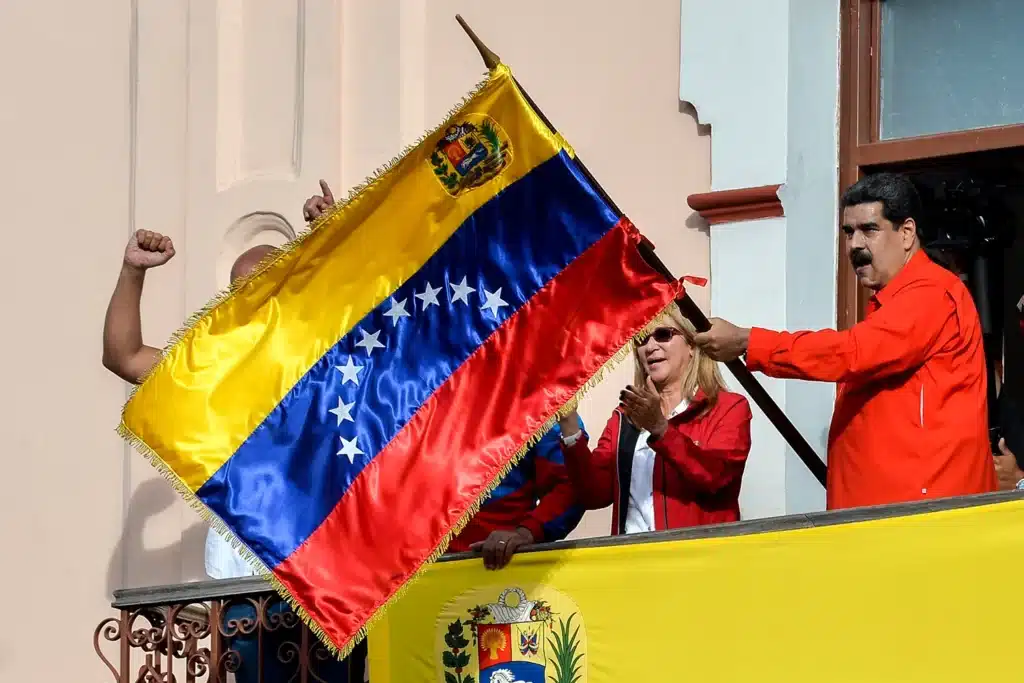
Conclusion: Exploring Uncharted Waters in the Prediction Market Landscape
The Polymarket Venezuelan election bet controversy underscores the challenges faced by cryptocurrency-based prediction markets as they navigate political disputes. These platforms offer intriguing possibilities for decentralised speculation and data collection but come with significant risks and responsibilities.
As this situation evolves, it is clear that platforms like Polymarket will need to carefully navigate the intersection of political disputes and marketplace integrity. Lessons learned from this incident may lead to the development of more effective methods for handling politically sensitive bets, potentially influencing the future landscape of prediction markets.
The controversy surrounding the Polymarket Venezuelan Election Bet could pave the way for improvements in the credibility and functionality of prediction markets. Addressing issues of accountability, transparency, and fairness will be crucial as these platforms continue to evolve within the broader cryptocurrency and decentralised finance ecosystems. Stay tuned to TheBITJournal for ongoing insights into the world of prediction markets and their impact on global events.



